What is Inclusion?
Author: Julie M. Lane, Ed.D.
During my sabbatical in fall 2020, one of the philosophies I investigated was inclusion v belonging. What is it to be included? Belong? Both international and US private schools have the option to serve children with special needs. These schools can be exclusive; to deny children entrance into their schools. When we exclude children with special needs, we create a school community that does not reflect the societies in which we live.
UNESCO’s call for the rights of all those with disabilities, including those in schools, is a key topic in the work being done. Both international schools' research and UNESCO’s publications urge schools to develop inclusive schools. UNESCO defines inclusion as “all students can access and fully participate in learning supported by reasonable accommodations and teaching strategies tailored to meet the individual needs. The concept of inclusion is part of all aspects of school life and supported by culture and policy” (p. 6). According to the Convention of the Right of Persons with Disabilities (CRPD), people with disabilities are those with long-term impairments that create barriers to equal, active participation in society. This includes – but is not limited to – physical disabilities, learning disabilities, chronic health problems, sensory impairments, speech and communication disorders, psychosocial impairments, and behavioral and emotional disorders. UNESCO goes on to express the need for all countries to have a “sound definition” so that effective and measurable programming can be developed (p. 14). I find this quite interesting as United States' special education federal law does not define inclusion. Inclusion is what each state sees it to be as applied to their student demographics. So, what is inclusion? What are countries to use to determine what inclusion means to them?
I would also like to bring forth the idea simply means to be present. If we are simply present within a classroom am I included? To be a part of a classroom, within a community, within society, means that we belong. If we belong, then we play a part in the culture, activities, events, and interactions. If I am absent, then my presence is missed as I fulfill a role within my community. Therefore, are we to just include our students or are we to make them contributing citizens in our classrooms?
